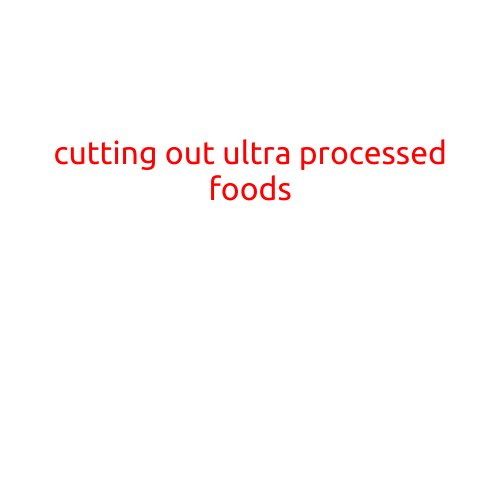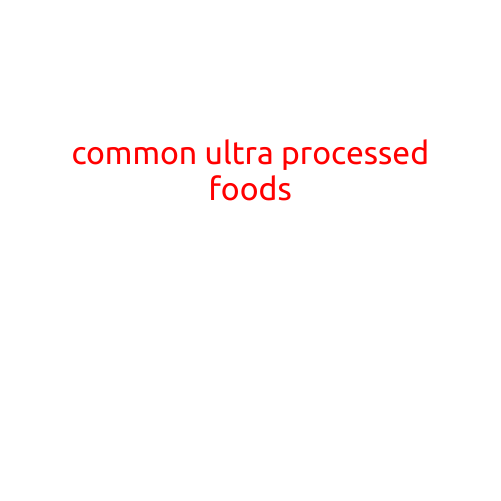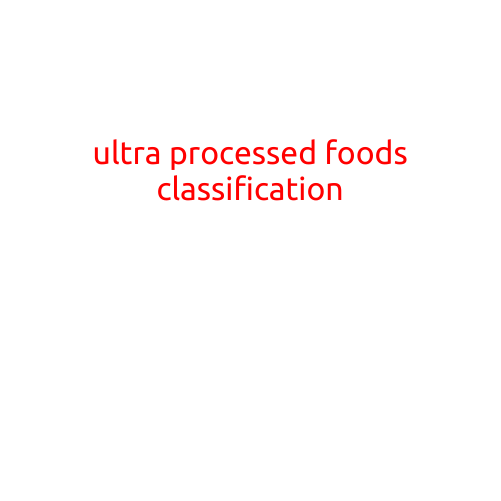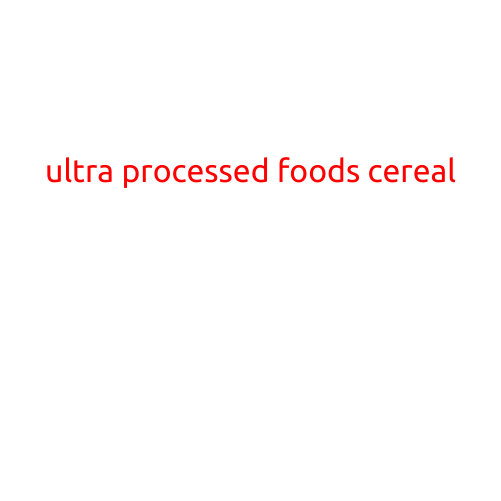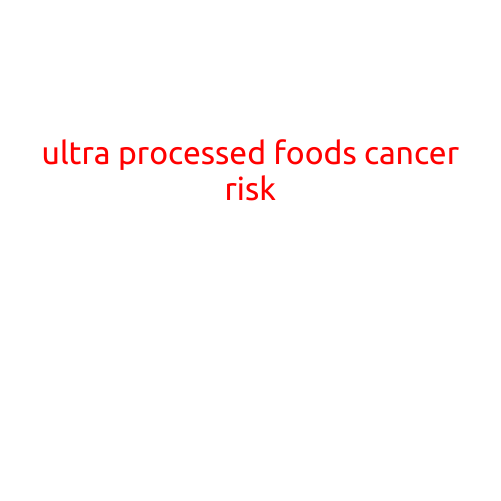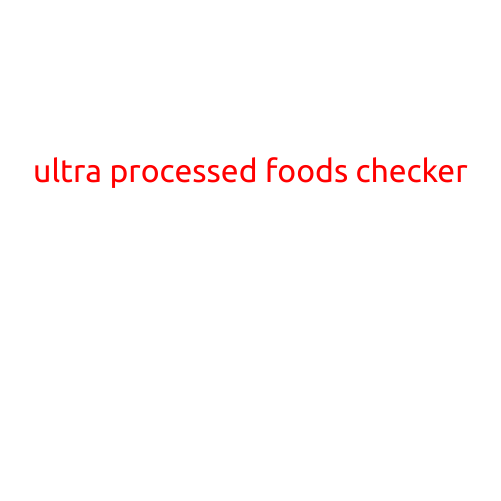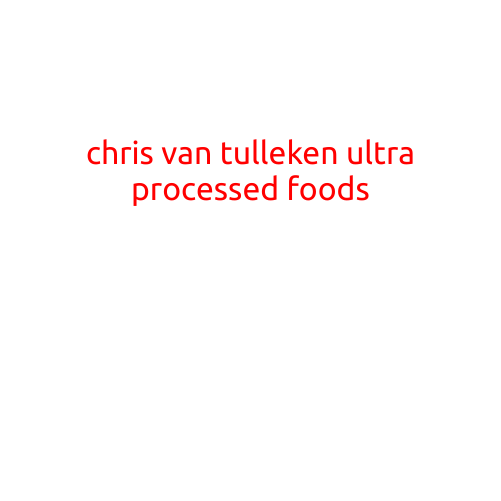
Chris van Tulleken on the Dangers of Ultra-Processed Foods
Dr. Chris van Tulleken, a British medical doctor and television personality, has been on a mission to educate the public about the dangers of ultra-processed foods. In a recent article, he argues that these foods are a major contributor to the rise of chronic diseases such as obesity, diabetes, and heart disease.
According to van Tulleken, ultra-processed foods are defined as foods that contain a combination of ingredients that have been significantly transformed from their natural state through various processes, including extrusion, puffing, or frying. These foods are often high in sugar, salt, and unhealthy fats, and are designed to be highly palatable and addictive.
Some examples of ultra-processed foods include frozen meals, packaged snacks, and sugary drinks. These foods are often marketed as convenient and easy to prepare, but van Tulleken argues that they are having a devastating impact on our health and well-being.
The Impact of Ultra-Processed Foods on Our Health
Van Tulleken cites numerous studies that have linked ultra-processed foods to an increased risk of chronic diseases. One study published in The Lancet found that consuming high amounts of ultra-processed foods was associated with a 30% increased risk of death from any cause. Another study published in The Journal of the American Osteopathic Association found that a diet high in ultra-processed foods was linked to an increased risk of depression, anxiety, and other mental health problems.
In addition to these health risks, van Tulleken argues that ultra-processed foods are also contributing to the rise of food waste and environmental degradation. The production and transportation of these foods require large amounts of energy and resources, and the packaging and disposal of waste contributes to pollution and greenhouse gas emissions.
How to Reduce Your Consumption of Ultra-Processed Foods
So, what can you do to reduce your consumption of ultra-processed foods? Van Tulleken offers the following tips:
- Cook from scratch: Try to cook meals from scratch using fresh, whole ingredients. This will help you avoid processed foods and reduce your reliance on packaged snacks.
- Read labels: When shopping, read food labels carefully and avoid products that contain long lists of ingredients you can’t pronounce.
- Shop the perimeter of the store: The healthiest foods are often found on the perimeter of the store, such as produce, meats, and dairy products. Avoid the center aisles, where processed foods are often stored.
- Plan your meals: Take the time to plan out your meals for the week, and make a grocery list accordingly. This will help you avoid impulse purchases and reduce your reliance on convenience foods.
- Eat mindfully: Pay attention to your hunger and fullness cues, and avoid eating in front of screens or while doing other activities. This will help you develop a healthier relationship with food and reduce your likelihood of overeating or reaching for processed snacks.
Conclusion
Ultra-processed foods are a menace to our health and well-being. By reducing our consumption of these foods and choosing whole, fresh ingredients instead, we can reduce our risk of chronic disease and improve the health of our planet. With a little planning and intention, we can all make a positive impact on our health and the health of our communities.
